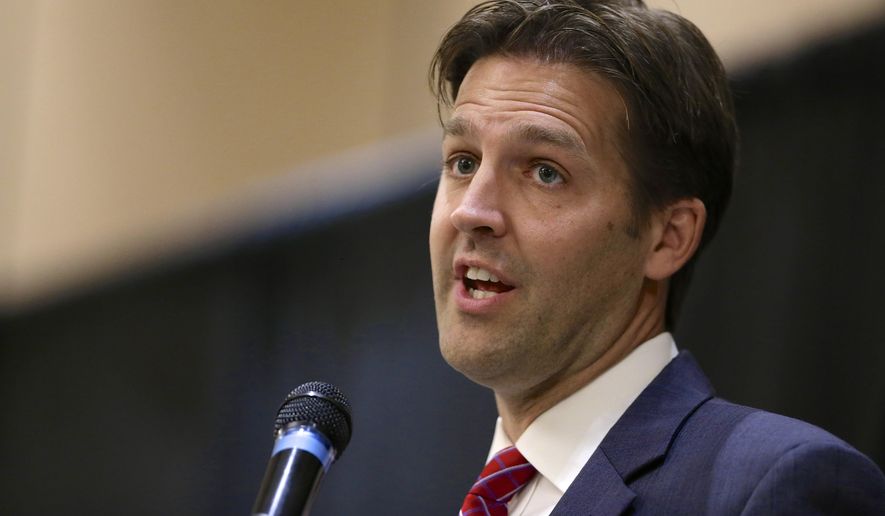Congress agreed to boost the active-duty strength of the military and maintain a ban on shipping terrorism suspects from Guantanamo Bay to the U.S. in the annual defense policy bill, negotiators said Tuesday — though lawmakers punted on a major fight over gay rights and federal contractors.
Republicans had sought to roll back an executive order banning federal contractors from discrimination based on sexual orientation but retreated in the final deal, believing they can win that fight with the new Trump administration instead.
“New paths have opened up to address those issues,” a staffer said in briefing reporters on the final agreement, which will be made public on Wednesday and is slated for a vote in the House on Friday.
The defense policy bill, known officially as the National Defense Authorization Act, is considered the only must-pass bill of the year, and is always saved for the end of the year to serve as a catchall for unresolved fights.
This year, with Republicans in control of both the House and Senate, and with President Obama on his way out and about to cede power to a Republican, the final negotiations were made easier.
Mr. Obama had threatened to veto earlier versions of the bill over what he saw as meddling with his ability to run the Defense Department.
Negotiators said they dropped all of those fights. The only potential sticking point is the bill’s authorized price tag, which is $3.2 billion higher than the White House had sought.
Mr. Obama and fellow Democrats didn’t object to spending more on defense, but had insisted it be tied to a corresponding increase in domestic funding — something that doesn’t appear likely.
Negotiators avoided a number of tricky issues, including halting a push to have women register for the selective service military draft. The bill that cleared the Senate in June would have required female registration, while the House bill initially had a similar provision that was dropped before it cleared that chamber.
The final House-Senate agreement only calls for a study on the effectiveness of the draft.
The new bill also breathes life into a special visa program designed to provide a pathway into the U.S. for Afghan citizens who risked their lives helping American forces in the war there.
Some 1,500 new visas have been made available, with Afghans engaged in the most dangerous duties getting priority, negotiators said.
In terms of personnel, the new agreement would require the army to have at least 476,000 active-duty troops next year, which is a boost of 1,000 over 2016 — but is 16,000 more than Mr. Obama had called for.
At 185,000, the Marine Corps has 3,000 more active-duty troops than the president sought, and the Air Force will be 4,000 higher, at 321,000 troops.
To pay for the higher troop strength yet contain costs, negotiators said they put off spending on ships and aircraft. The staffers who briefed reporters on the deal said it’s tougher to build back troop strength than it is to kick-start production on equipment.
“This is a victory for common sense,” said Sen. Ben Sasse, who had urged his colleagues to forgo a “culture wars” fight on the defense bill. “It’s encouraging to see Congress do its work instead of jumping into a fight about drafting our mothers, sisters and daughters when the military isn’t demanding an end to our all-volunteer fighting force.”
• Stephen Dinan can be reached at sdinan@washingtontimes.com.




Please read our comment policy before commenting.